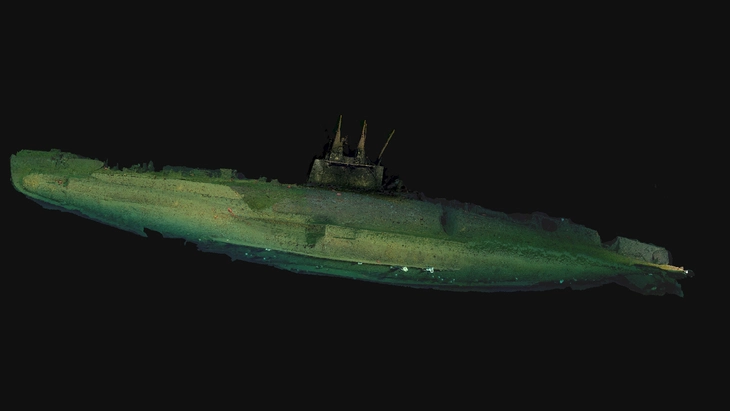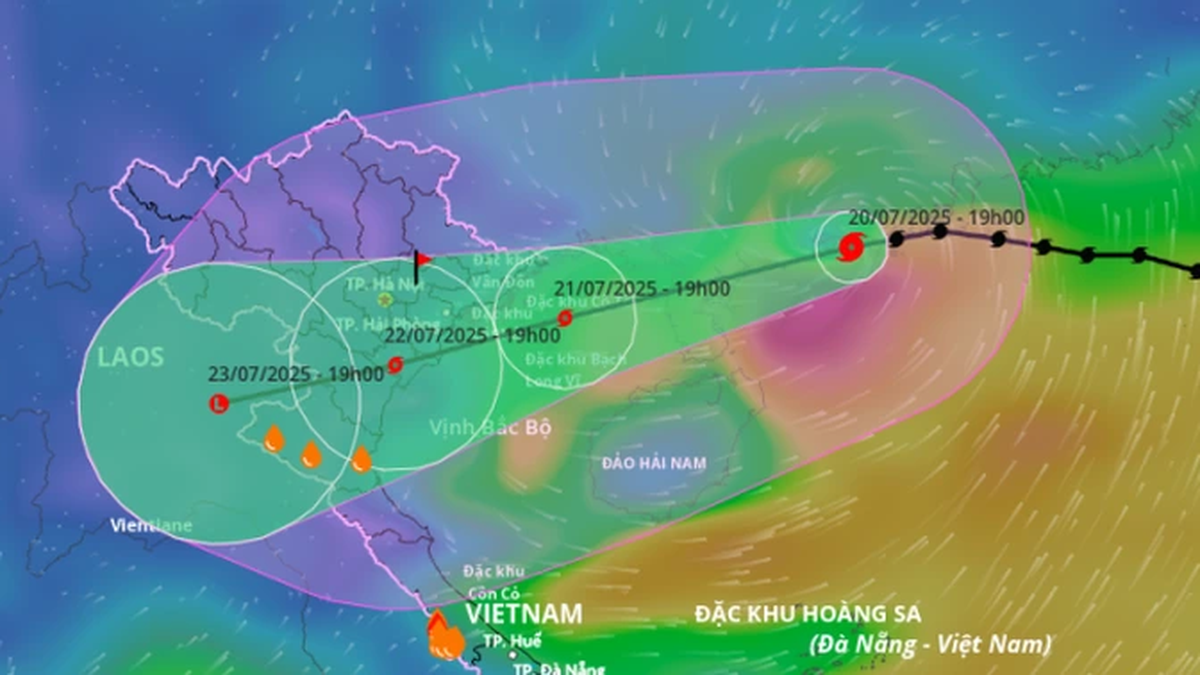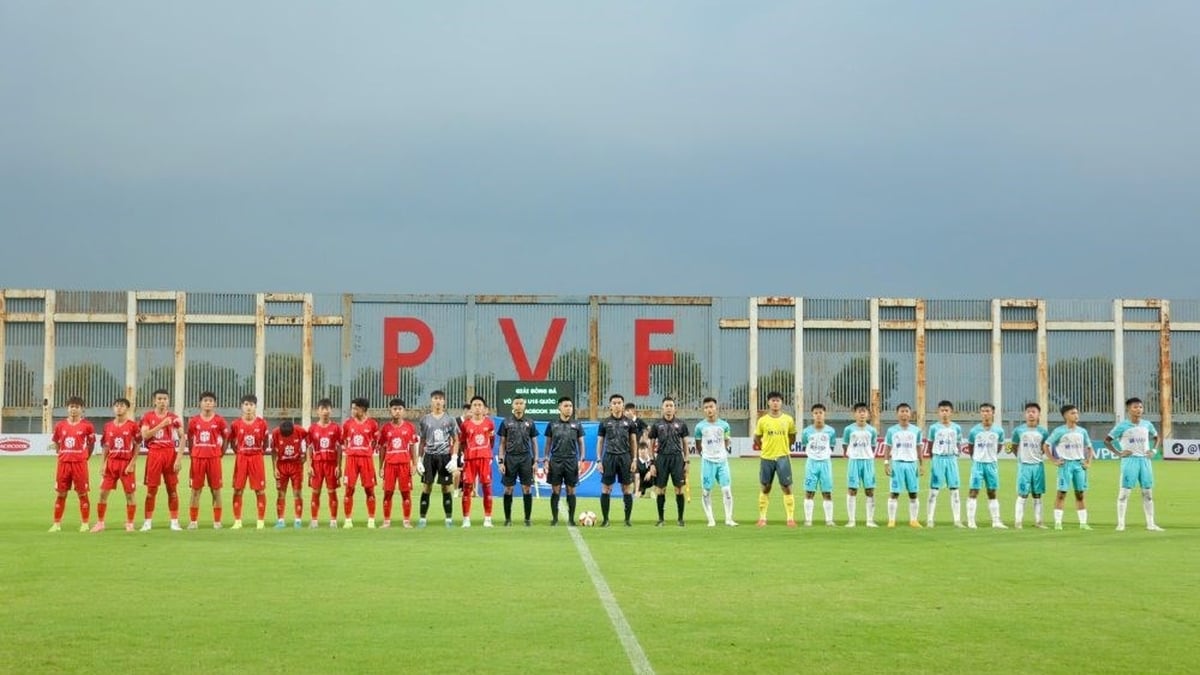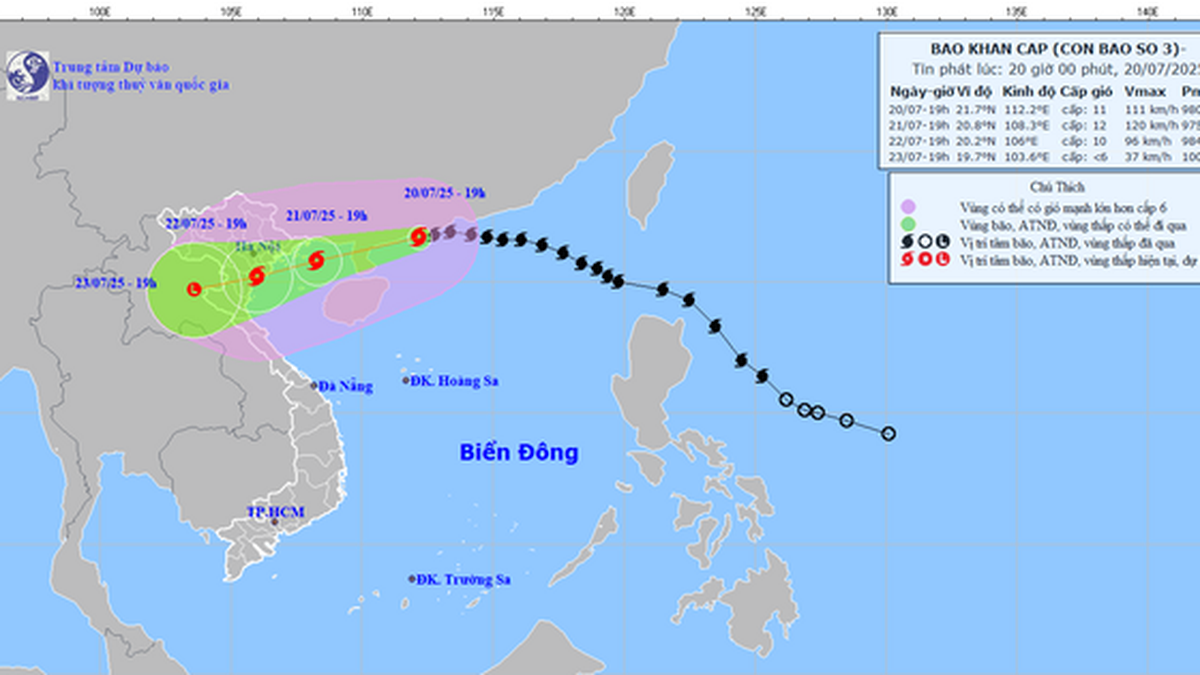
US submarine missing for more than 100 years discovered, almost intact off San Diego - Photo: WHOI
The US Navy submarine USS F-1 crashed in December 1917, while conducting technical tests with two other submarines, F-2 and F-3, in the waters between San Pedro and San Diego.
In dense fog, the F-3 rammed the F-1, causing severe damage to its hull. The F-1 sank in seconds, killing 19 sailors. The three survivors were rescued by the F-3.
After the accident, the wreck was completely lost for more than 100 years. It was only recently that a research team from the Woods Hole Oceanographic Institution (WHOI) in collaboration with the US Navy found and surveyed the site for the first time, using modern deep-sea technology to study it.
At a depth of about 400 meters, the wreck is beyond the reach of ordinary divers. To survey it, the team used the manned submarine Alvin and the autonomous submersible Sentry, both mounted on the WHOI research vessel Atlantis.
"The submarine is currently lying on its right side, with its bow facing northwest. Through the images we have obtained, we are surprised to see that the hull structure is almost intact, including the conning tower," said Bruce Strickrott, manager of the Alvin ship operations team.
The USS F-1 is now considered an underwater war grave. Out of respect, the research team and the US Navy agreed not to physically touch the wreck in order to preserve its original state and commemorate the 19 fallen sailors.
During the same expedition, the team also discovered the wreckage of a Grumman TBF Avenger torpedo bomber that crashed during a training exercise in 1950. Although the wreckage had been known to WHOI before, this was the first time the US Navy confirmed its location and identity.
The plane had been used in test dives, but the exact location had not been included in official Navy records until now, Strickrott said.
Fortunately, there were no casualties in this plane crash.
An interesting detail shared by Mr. Strickrott: The fuselage of the plane has the number "13" printed on it, a number that many people associate with bad luck. But in fact, it is just the number of the training squadron that the plane belonged to at the time of the incident.
These discoveries are not only of archaeological value, but also play an important role in shedding light on forgotten military historical events. At the same time, they help remember and honor those who sacrificed their lives in the early days of modern maritime technology.
With the development of deep diving technology and seabed surveys, researchers hope to continue to find many other important relics, "witnesses" that have been lying silently under the ocean for decades, even centuries.
Source: https://tuoitre.vn/tau-ngam-mat-tich-hon-100-nam-bong-xuat-hien-nguyen-ven-20250527150004288.htm


























![[Photo] National Assembly Chairman Tran Thanh Man visits Vietnamese Heroic Mother Ta Thi Tran](https://vphoto.vietnam.vn/thumb/1200x675/vietnam/resource/IMAGE/2025/7/20/765c0bd057dd44ad83ab89fe0255b783)






































































Comment (0)